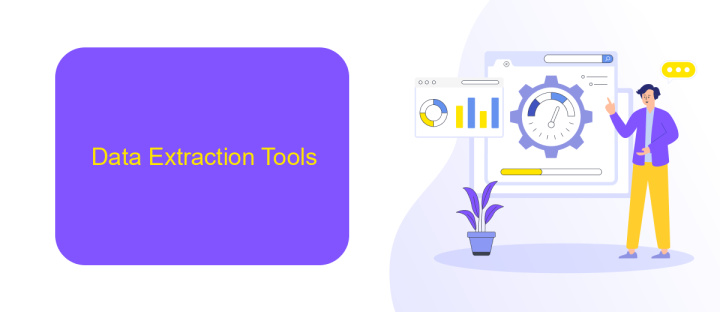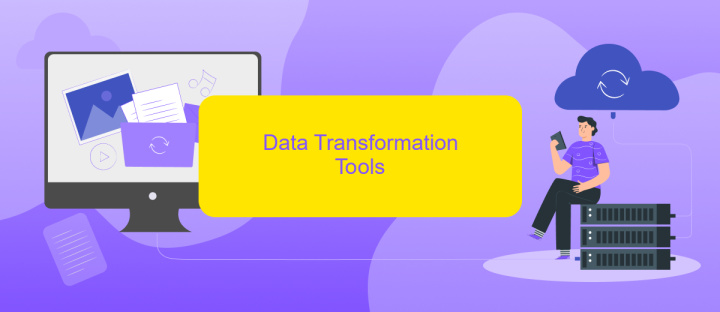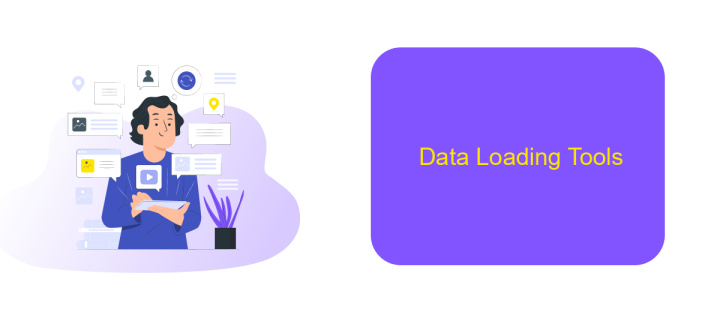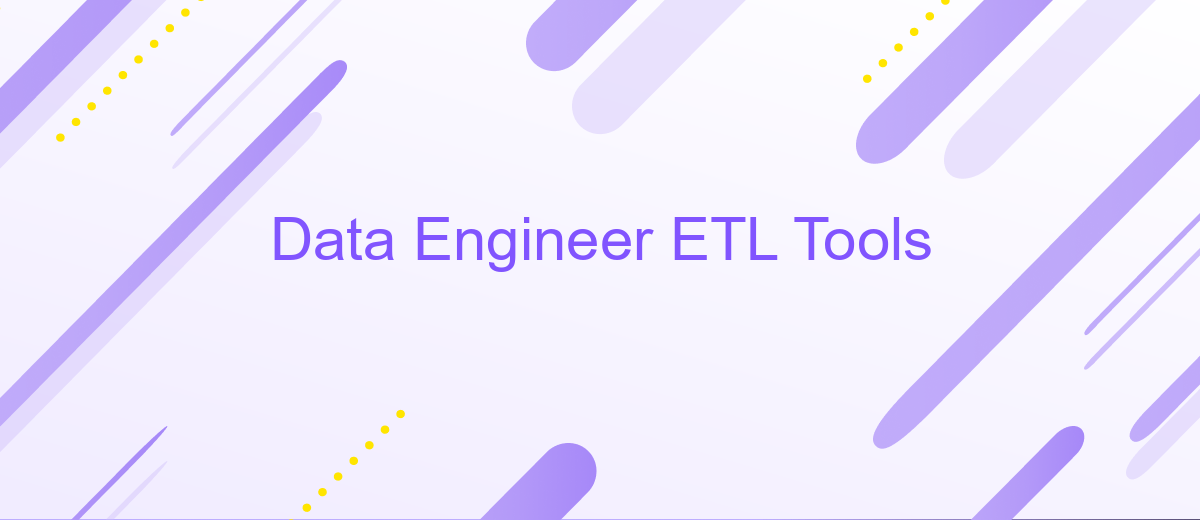Data Engineer ETL Tools
Data engineering is a critical field that ensures the seamless flow and transformation of data within organizations. ETL (Extract, Transform, Load) tools play a pivotal role in this process, enabling data engineers to efficiently manage and manipulate data from various sources. This article explores the essential ETL tools that data engineers rely on to streamline data workflows and optimize data management.
Introduction
Data engineering has become a cornerstone of modern data management, enabling organizations to efficiently process and analyze vast amounts of information. One of the critical components in this field is ETL (Extract, Transform, Load) tools, which streamline the process of data integration and transformation. These tools are essential for ensuring data quality and consistency across various systems and platforms.
- Extraction: Retrieving data from various sources such as databases, APIs, and flat files.
- Transformation: Converting data into a suitable format for analysis, including cleaning, enriching, and aggregating.
- Loading: Storing the transformed data into a target system like a data warehouse or data lake.
With the growing complexity of data ecosystems, leveraging advanced ETL tools like ApiX-Drive can significantly simplify the integration process. ApiX-Drive offers a user-friendly interface and robust features for automating data workflows, making it easier for data engineers to manage and synchronize data across multiple platforms. By utilizing such tools, organizations can enhance their data-driven decision-making capabilities and maintain a competitive edge in the market.
Data Extraction Tools

Data extraction tools are essential for gathering raw data from various sources, such as databases, APIs, and flat files, to be processed and analyzed. These tools help streamline the process of collecting data, ensuring it is accurate and up-to-date. Popular data extraction tools include Apache Nifi, Talend, and Informatica, each offering unique features to handle different data sources and formats. They provide user-friendly interfaces and robust functionalities to automate the extraction process, reducing manual effort and minimizing errors.
One notable service that simplifies data extraction and integration is ApiX-Drive. ApiX-Drive allows users to easily connect different applications and automate data flows between them. It supports a wide range of integrations, making it a versatile tool for data engineers. By using ApiX-Drive, organizations can efficiently manage their data extraction processes, ensuring seamless data transfer and integration across various platforms. This not only saves time but also enhances the accuracy and reliability of the extracted data.
Data Transformation Tools

Data transformation tools are essential for refining raw data into a more usable format. These tools help in cleaning, normalizing, and structuring data to meet specific business needs. They play a crucial role in the ETL (Extract, Transform, Load) process, ensuring data integrity and quality.
- Apache Spark: An open-source, distributed computing system that provides an interface for programming entire clusters with implicit data parallelism and fault tolerance.
- Talend: A data integration tool that offers robust features for data transformation, including data cleansing, profiling, and mapping.
- Informatica PowerCenter: A powerful tool used for data integration, capable of handling complex data transformation tasks.
- ApiX-Drive: A service that simplifies the integration process, allowing users to easily connect and transform data between various applications and services without needing extensive coding skills.
These tools are indispensable for businesses aiming to leverage their data for strategic decision-making. By automating and streamlining the data transformation process, they enable organizations to focus on analyzing insights rather than dealing with data inconsistencies. Whether you are dealing with big data or integrating multiple data sources, these tools provide the necessary capabilities to ensure your data is accurate and actionable.
Data Loading Tools

Data loading is a crucial step in the ETL (Extract, Transform, Load) process, where transformed data is loaded into a target system, such as a data warehouse, database, or data lake. This step ensures that data is available for analysis and reporting, making it a vital component of any data engineering workflow.
Various tools and services are available to facilitate efficient data loading. These tools help automate the process, handle large volumes of data, and ensure data integrity during the transfer. The choice of tool often depends on the specific requirements of the project, such as the type of data source, the volume of data, and the complexity of the transformation process.
- Apache Sqoop: Efficiently transfers bulk data between Hadoop and structured datastores.
- Talend: Offers robust data integration and management capabilities.
- Fivetran: Provides automated data integration and loading for various data sources.
- ApiX-Drive: Simplifies the setup of data integrations with a user-friendly interface.
Using these tools, data engineers can streamline the data loading process, ensuring that data is accurately and efficiently transferred to the target system. Services like ApiX-Drive further enhance this process by offering easy-to-use interfaces and automation features, reducing the time and effort required for integration setup.
ETL Tools for Specific Data Sources and Targets
When dealing with specific data sources and targets, selecting the right ETL tools becomes crucial. Various ETL tools are designed to handle unique data formats, databases, and APIs. For instance, some tools are optimized for extracting data from cloud-based storage services like Amazon S3, while others excel at integrating with SQL databases or NoSQL systems like MongoDB. The choice of ETL tool should align with the specific requirements of your data sources and targets to ensure efficient data processing and transformation.
One notable service that simplifies the integration process is ApiX-Drive. This platform allows users to seamlessly connect different applications and automate data workflows without requiring extensive coding knowledge. ApiX-Drive supports a wide range of data sources and targets, making it an excellent choice for businesses looking to streamline their ETL processes. By leveraging such tools, organizations can ensure data consistency, improve operational efficiency, and focus more on data analysis rather than data movement.
FAQ
What is ETL in the context of Data Engineering?
What are some common ETL tools used by Data Engineers?
How can ETL tools help in data integration?
What are the benefits of using automated integration services for ETL processes?
Can ETL processes be customized to meet specific business needs?
Routine tasks take a lot of time from employees? Do they burn out, do not have enough working day for the main duties and important things? Do you understand that the only way out of this situation in modern realities is automation? Try Apix-Drive for free and make sure that the online connector in 5 minutes of setting up integration will remove a significant part of the routine from your life and free up time for you and your employees.

